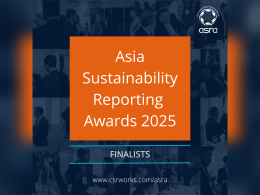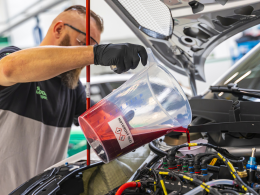Textile recycling firm Syre has announced strategic partnerships with Gap Inc., Houdini Sportswear, and Target as part of its commercial launch, aiming to scale up the use of recycled polyester and promote circularity within the fashion and retail sectors.
Syre, which launched in March 2024, focuses on establishing textile-to-textile recycling plants to produce circular polyester with significantly lower carbon emissions. The company claims its process can reduce CO₂e emissions by up to 85% compared to virgin polyester derived from fossil fuels.
The company’s first production facility—currently under development in North Carolina—is expected to become operational by 2026 and will produce up to 10,000 metric tonnes of circular polyester annually.
Under the new agreements:
- Gap Inc. has committed to using up to 10,000 metric tonnes of Syre’s recycled polyester chip each year. “This partnership enables us to accelerate our progress toward realising a more circular fashion industry,” said Dan Fibiger, Vice President of Global Sustainability at Gap. He added, “It is an important lever for Gap Inc. in our efforts to bridge the climate gap.”
- Houdini Sportswear, a Swedish outdoor apparel company known for its environmental commitments, has pledged to source 50% of its polyester needs from Syre over the next three years. Eva Karlsson, Co-founder and Chief Creative Officer of Houdini, stated, “In partnership with Syre’s ambition, we are closing in on our vision of a waste-free, circular flow of natural resources.”
- Target plans to use Syre’s recycled polyester in a selection of its owned-brand products. The retailer has set a broader goal of designing all its owned-brand products for a circular future by 2040.
Syre CEO Dennis Nobelius described the partnerships as a key step in scaling circular textile solutions. “These collaborations will not only bolster commercial success but also help redefine the industry and drive the urgent shift towards true circularity,” he said.
According to research commissioned by Syre and McKinsey, there could be a 10–12 million tonne annual gap between supply and demand for textile-to-textile recycled polyester by 2030, as regulations tighten and brands phase out bottle-derived recycled polyester in favour of truly circular alternatives.
The company’s expansion plans include future facilities in Vietnam and beyond, aiming to serve industries heavily reliant on polyester while supporting broader decarbonisation goals.

















